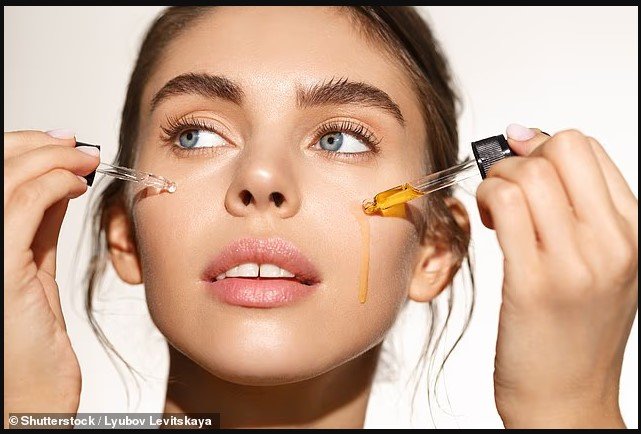EU Set to Enforce Ban on High-Concentration Retinol in Cosmetics
Cosmetics enthusiasts across Europe are gearing up for significant changes in the skincare landscape, as the European Union prepares to enforce new restrictions on the use of strong anti-aging products. Effective November 1, 2025, these regulations will limit the concentration of retinol in cosmetic products, directly affecting popular skincare lines and consumer choices.
What’s Changing?
The new law will impose stringent limits on the amount of retinol, a key anti-aging ingredient derived from vitamin A, that can be included in cosmetic formulations:
- Face and Hand Products: Maximum concentration of 0.3% retinol (both leave-on and rinse-off products).
- Body Lotions: Limited to 0.05% retinol.
Timeline for Existing Products
Products currently available on the market that exceed these limits will be permitted to remain until May 2027. After this date, they will be removed from shelves.
The Rationale Behind the Ban
The decision to regulate retinol usage stems from a report by the Scientific Committee on Consumer Safety (SCCS). Key findings highlight potential health risks associated with high levels of vitamin A:
- Health Risks: Excessive vitamin A intake from various sources, including food and supplements, can lead to exceeding the recommended daily allowance, posing health risks for some individuals.
- Recommended Daily Intakes:
- Men: 700 mcg
- Women: 600 mcg
- Maximum safe limit: 1.5 mg per day (1500 mcg)
Products containing retinol will need to bear a warning label stating: “Contains Vitamin A. Consider your daily intake before use.”
Risks of Excess Vitamin A
Users should be aware that consuming too much vitamin A may lead to serious health issues, including:
- Weakening of the Bones (Osteoporosis)
- Liver Damage
- Birth Defects during Pregnancy
Long-term exposure to elevated vitamin A levels can significantly impact bone health.
Community Reactions
Public response to these impending regulations has been mixed, with many cosmetics users voicing their discontent, particularly on social media platforms. Here are a few notable sentiments:
- User Concerns: “This is exaggerated. If there is a risk when using it with supplements, a warning on the label is enough. The ban is too strict.”
- Frustration Expressed: “Collective punishment because some don’t know how to use it carefully.”
- Seeking Alternatives: “I really like my 1% retinol serum. Can you get higher concentrations from your dermatologist?”
Prescription Products Remain Untouched
It is important to note that this ban will not affect prescription retinoids, which include:
- Tretinoin
- Adapalene
- Tazarotene
- Roaccutane
These products will still be accessible for medical use, providing consumers with alternative options for skin treatments.
Impact on the UK
Following Brexit, the UK is not obligated to comply with these EU regulations. However, British authorities have begun reviewing the safety of vitamin A. Similar regulatory actions may be anticipated in the UK, given the shifting landscape of cosmetic safety.
A Broader EU Trend
This retinol ban coincides with a broader EU regulatory trend aimed at ensuring consumer safety. Recently, the EU also banned trimethylbenzoyl diphenylphosphine oxide (TPO), a common ingredient in gel nail polish due to concerns over its toxicity and links to long-term fertility issues.
Conclusion
As the EU moves forward with these regulations, both consumers and manufacturers must adapt to the new standards. Whether these changes will enhance safety in cosmetics or constrain options for skincare enthusiasts remains to be seen.
For more information on vitamin A and its effects, consider visiting NHS UK for further insights.
Stay informed and engage with your skincare routine responsibly!


